
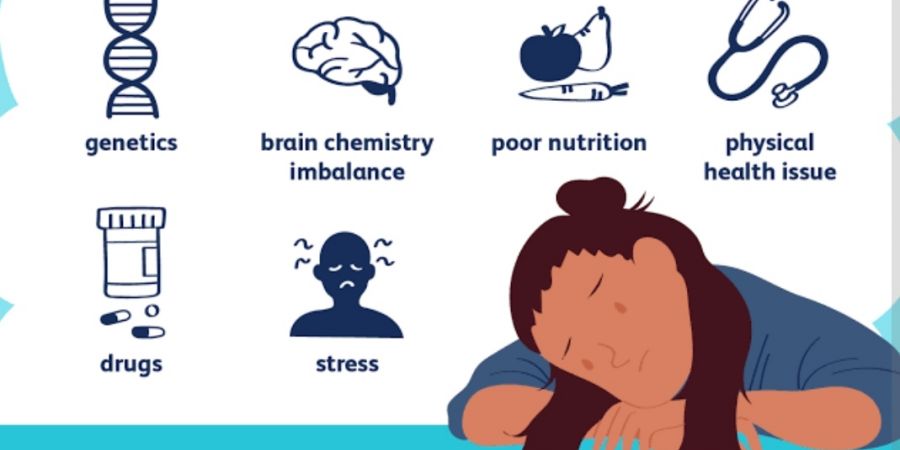
My name is Satpal Tewatia. I belong from Haryana (India). I want to talk about depression today.
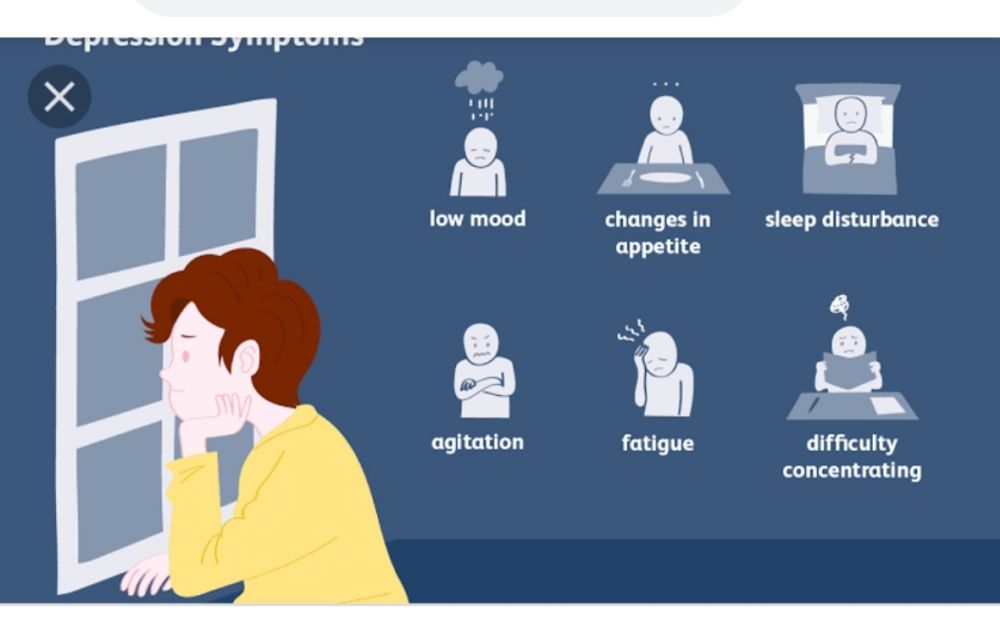
I want to share my experiences of depression with you. Depression is a dangerous disease spreading in today's time.
Which we continue to ignore and later take dangerous forms. Our negativity dominates over positivity.
We get very serious about small things and start thinking about it a lot. And thinking that negative energy is created inside us.
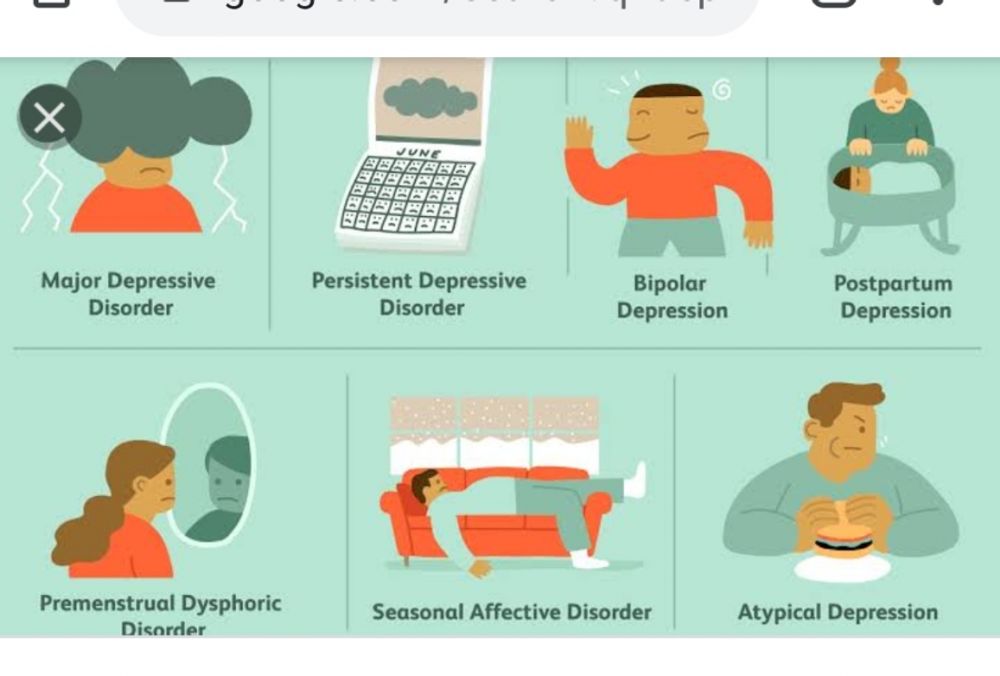
Which leads us in the wrong direction. And we take the wrong decision which ruins our future, family, happiness issues.
At the time of depression, we think about past and future while forgetting the present. We are only thinking about addresses rather than doing something.
At the time of depression, we should give more time to our friends. We should feel at home. We should not be alone at the time of depression.
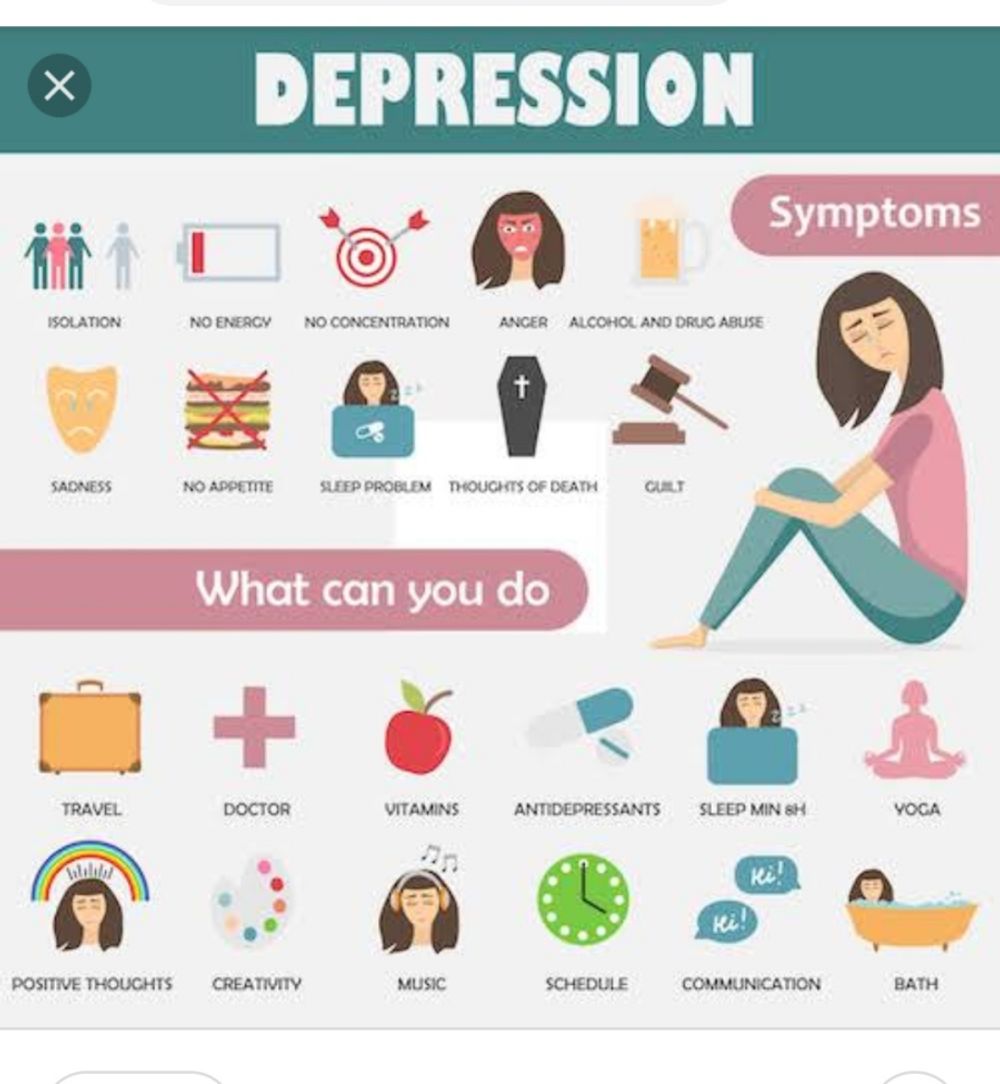
Should play outdoor games. Spend time with your family and relatives.We should stay away from mobile, television, digital things as much as possible. We should read books.Should be exercised. Should go on long trip .. think as little as possible. You should not keep yourself empty .. stay busy for more time.Good sleep should be taken. Fresh air should be taken. Poem must be heard and roamed.Experts should be consulted.
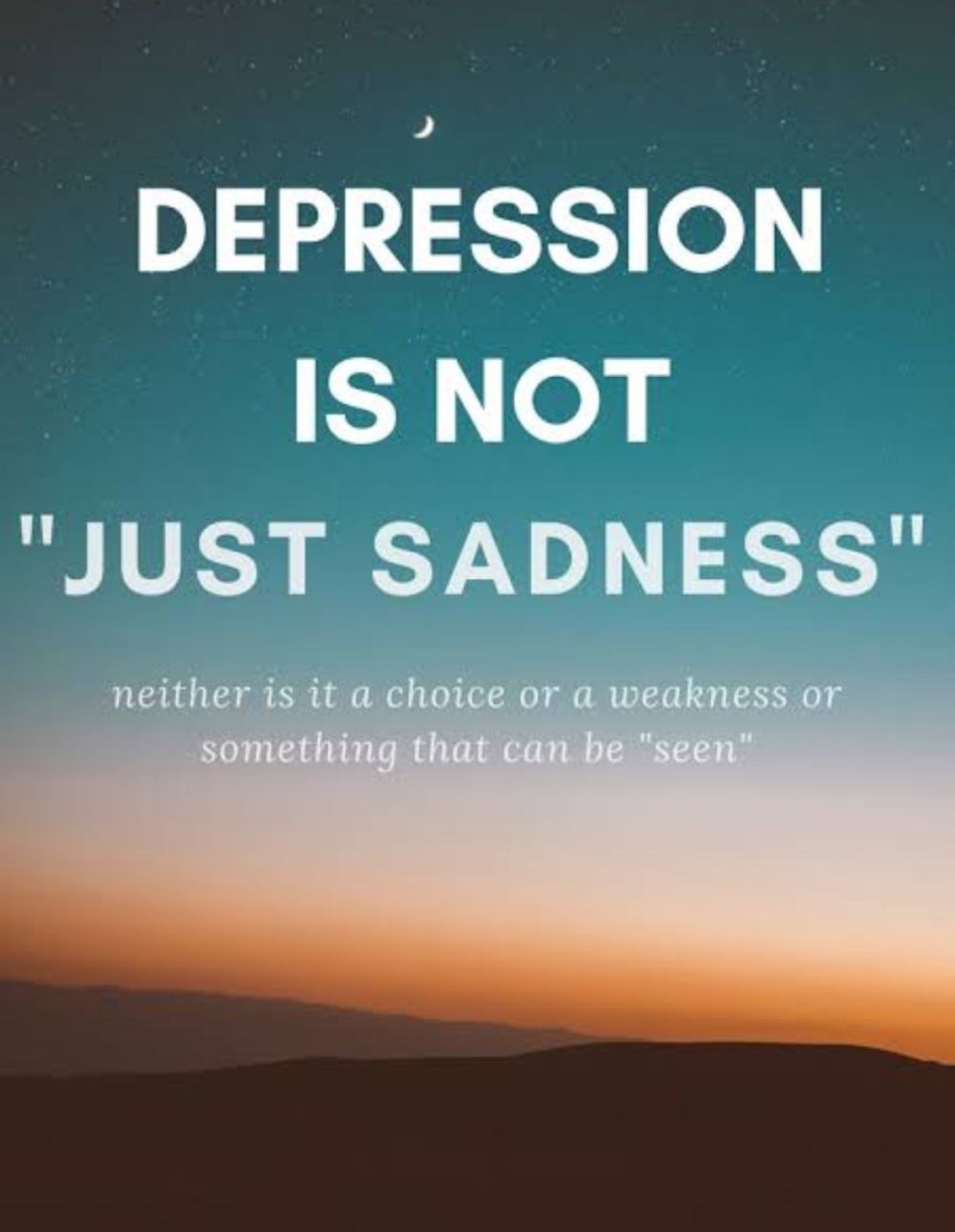
Many people are suffering from depression in the situation of this covid-19.
While the definition of major depression may seem simple enough, depression has profound and varying impacts. Here are some facts about depression that everyone may not know.
Depression has different triggers. People have a higher risk of depression if they’ve recently been through a stressful life event; if they’ve had depression in the past; or if a close family member has been depressed. Sometimes depression develops without any obvious cause.
Genes provide some (but not all) of the answers. The genetic predisposition to depression is becoming better understood and might explain why one person becomes depressed and another doesn’t, says Ole Thienhaus, MD, a professor of psychiatry at the University of Arizona College of Medicine in Tucson. A family history of depression matters, but it’s not always the only factor. For example, the heritability rate — the percentage of a trait that may be due to genes — of depression is only about 37 percent, according to a study published in July 2018 in the journal Frontiers in Psychiatry
Depression affects the body. Headache, stomach problems, headaches, and general aches and pains without a clear physical cause can all be symptoms of depression, according to the NIMH.
Depression might be a “gut feeling.” A study published in August 2020 in the journal Cureus found a strong connection between gut health and mental well-being, noting that depression is strongly associated with gut imbalance. A varied diet including probiotics and prebiotics may play a role in managing depression, although more research is needed.
Depressed brains may look different. Some people with major depressive disorder have changes in the brain that can be seen in imaging tests such as magnetic resonance imaging (MRI) scans, according to a review published in December 2019 in the journal Translational Psychiatry that evaluated studies examining the use of MRI scans to diagnose and treat major depressive disorder. (That said, the paper also notes that major depression is a biologically complex disorder that causes different changes in the brain in some people, and that MRI scans alone are not useful in the diagnosis of major depressive disorder; the researchers therefore state the importance of new imaging techniques and ways of analyzing that information to help diagnose depression.)








